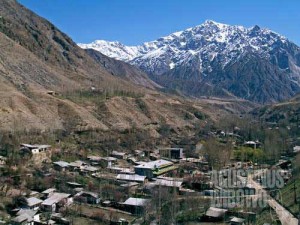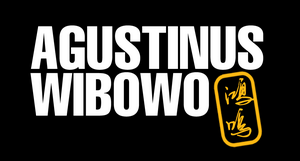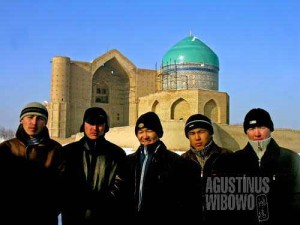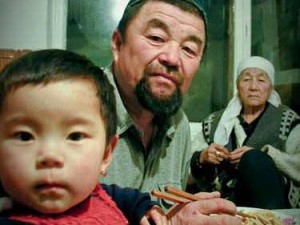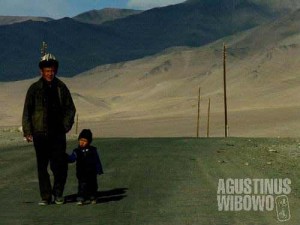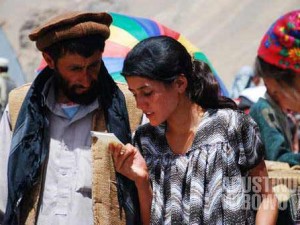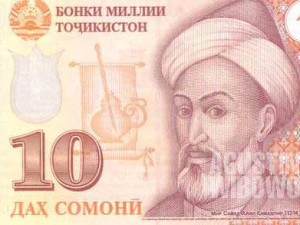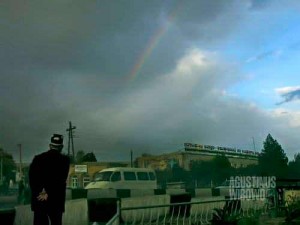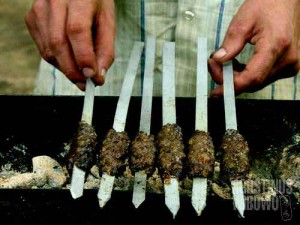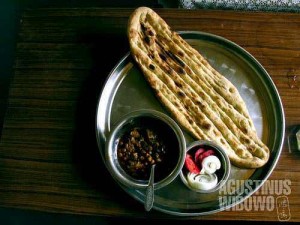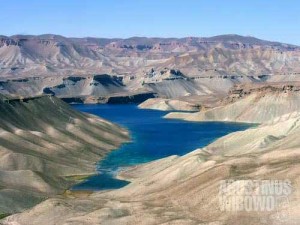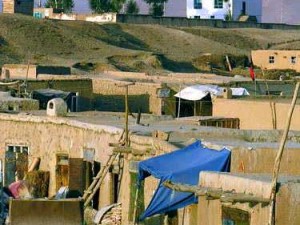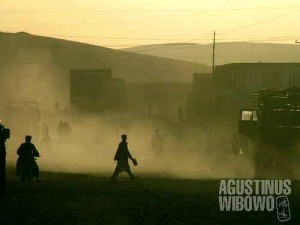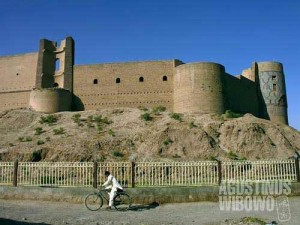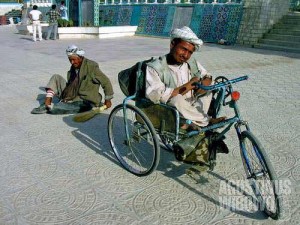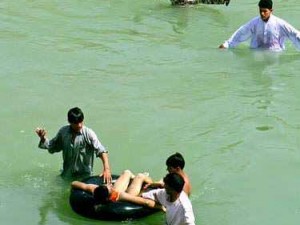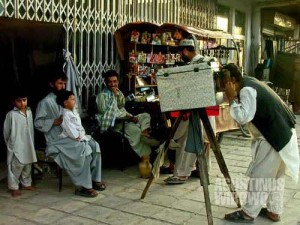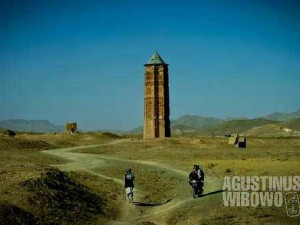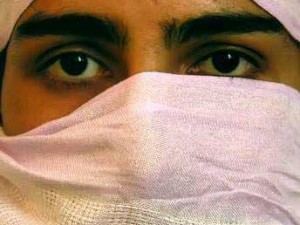Shakhimardan – An Uzbek Island Surrounded by Kyrgyz Mountains
Shakhimardan, an Uzbek “island” surrounded by Kyrgyzstan As artificial as any other thing in Central Asia was the border lines between the countries. The nations created by the Soviet rulers now had to be provided their homeland. Stalin might say, land populated by most Uzbek should be Uzbekistan, those inhabited by mostly Mongoloid Kyrgyz then became Kazakhstan (the Kazakh was called as Kyrgyz) and Kyrgyzstan (of which people was called as Black Kyrgyz). But the matter was not simple in the Ferghana Valley. Ferghana Valley was always a boiling pot in Central Asia. The people were renowned as deeply religious Muslim, if not fundamentalist. It was more than necessary for the Russian to divide this huge mass with the highest population density all over Central Asia. Then, besides the division of ethnics (who were Uzbek, who were Kyrgyz, and who were Tajik), there was a clever intrigue by dividing the border lands to divide the people. Then, the identity in Ferghana Valley was not single ‘Islam’ anymore, but new artificial entities of Kyrgyz, Uzbek, and Tajik. But this was not something special if it was just borderlines. Borderlines created by Stalin were so complicated, zigzagging, and nobody understood the reason. [...]

